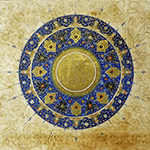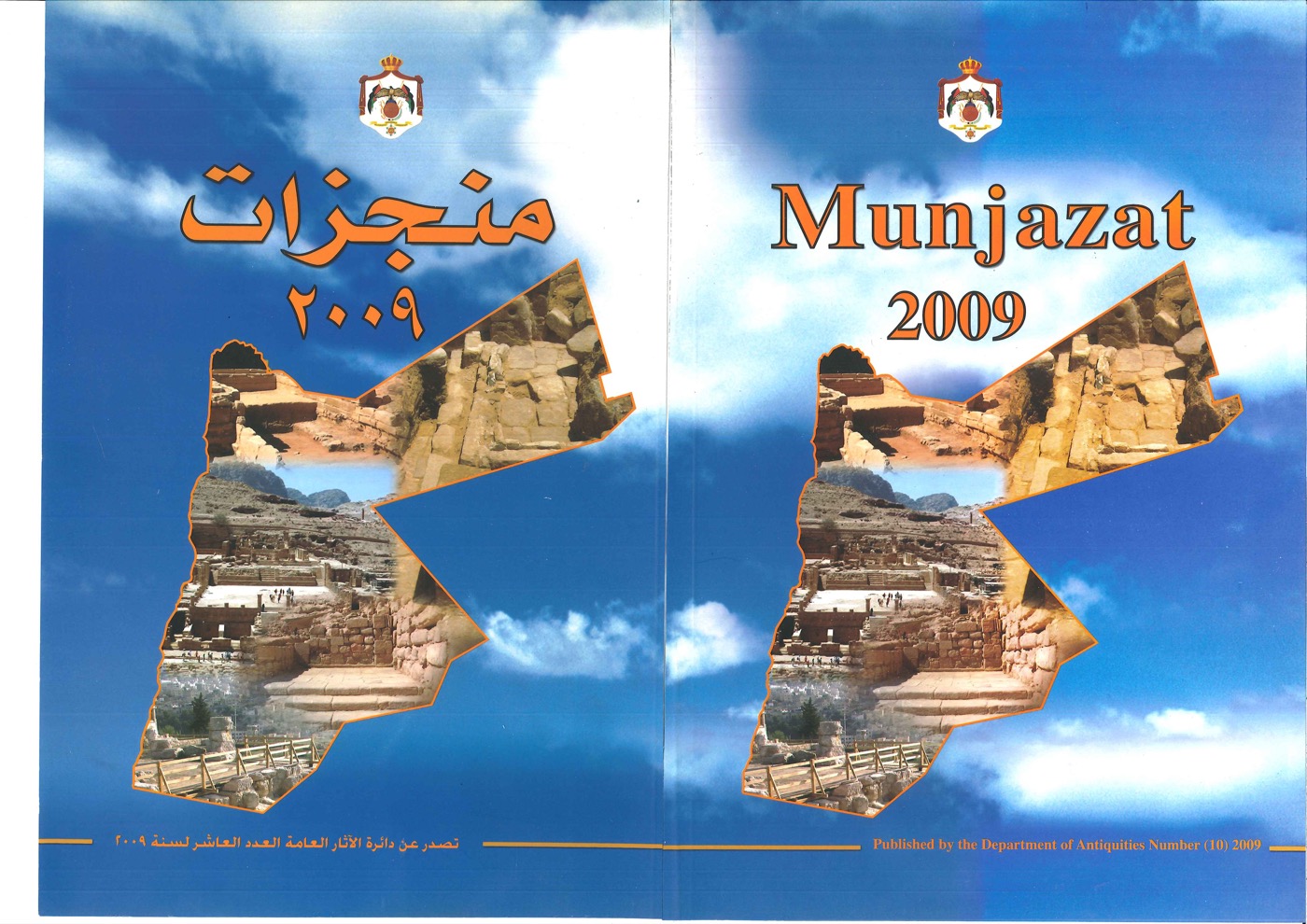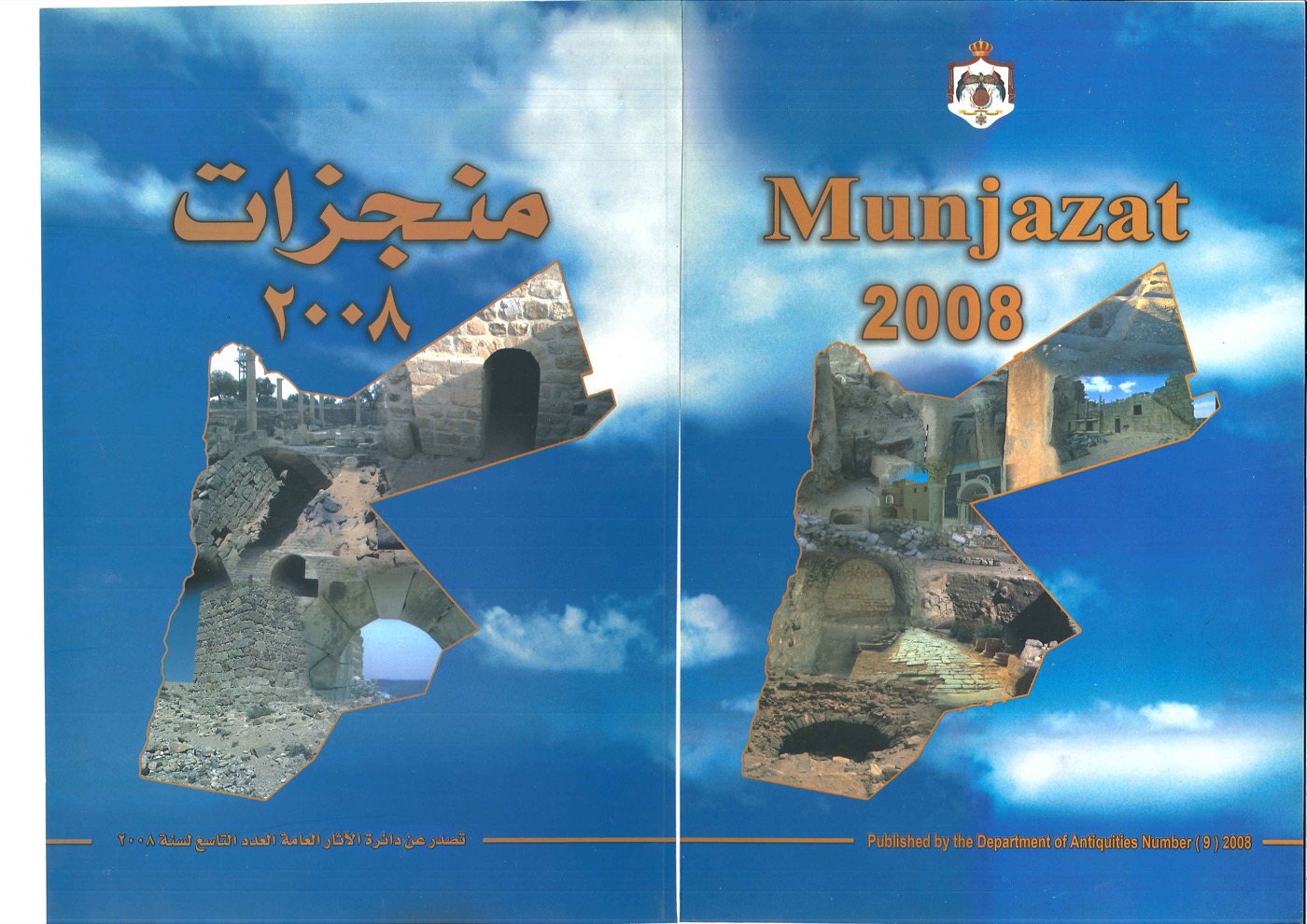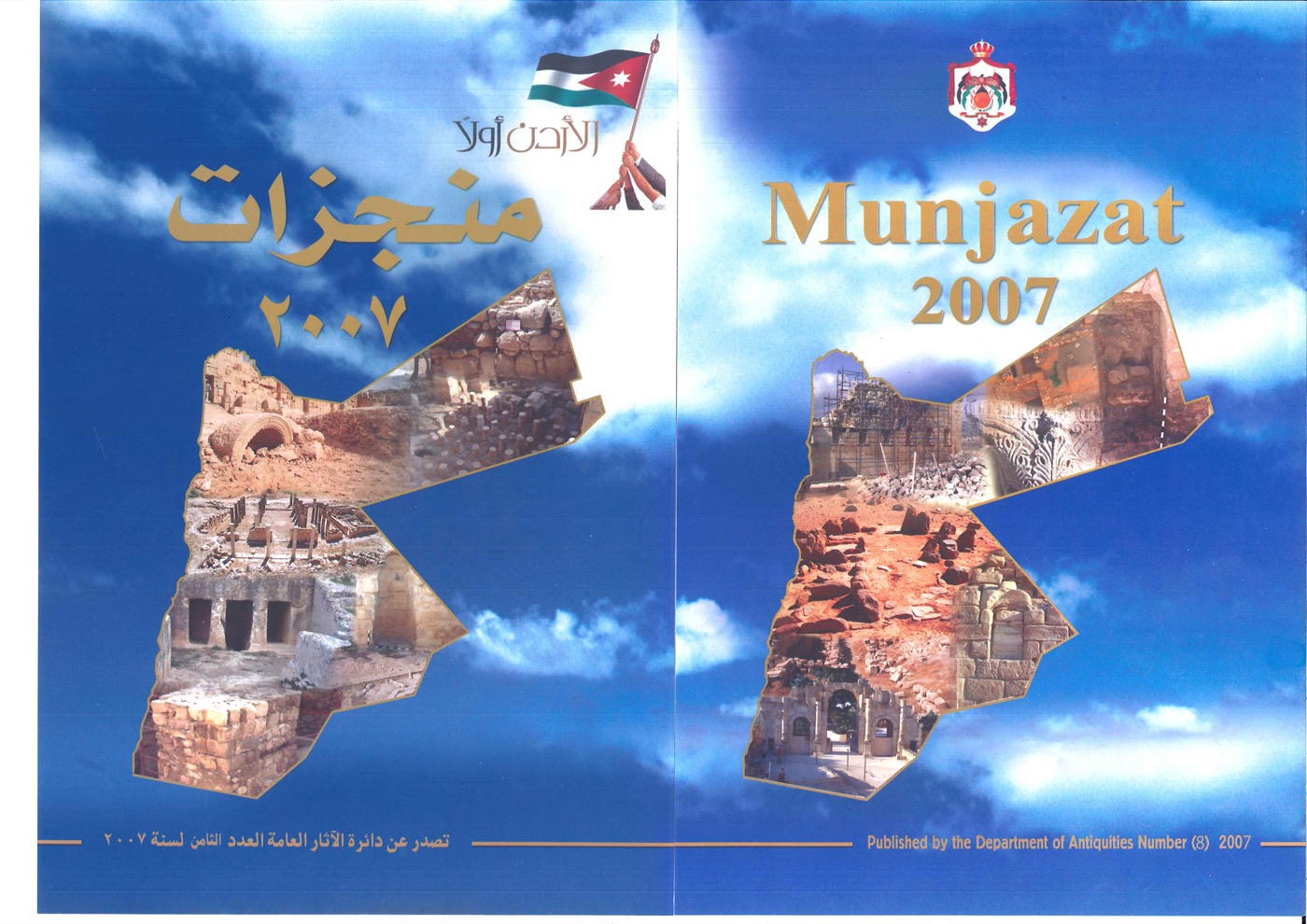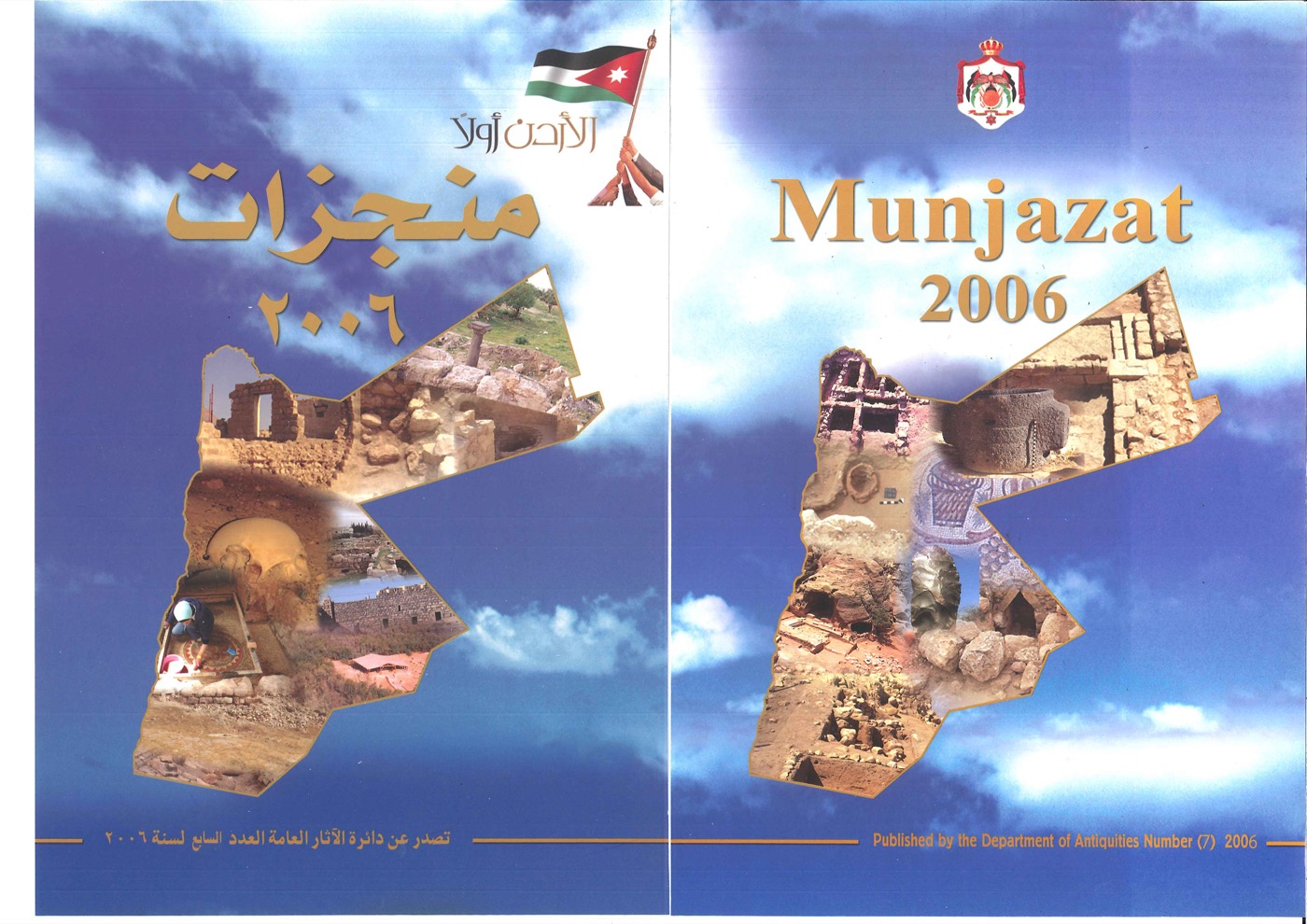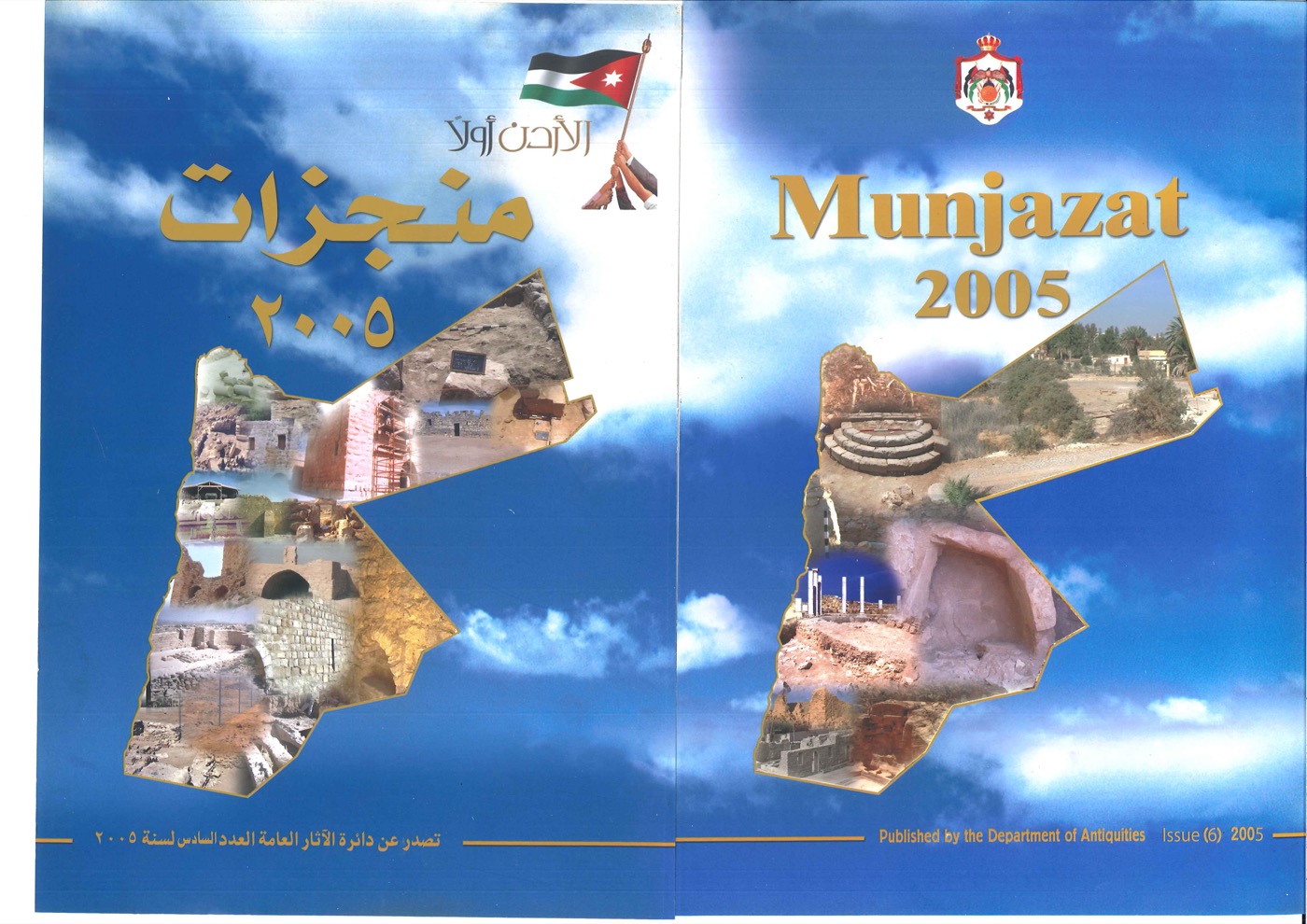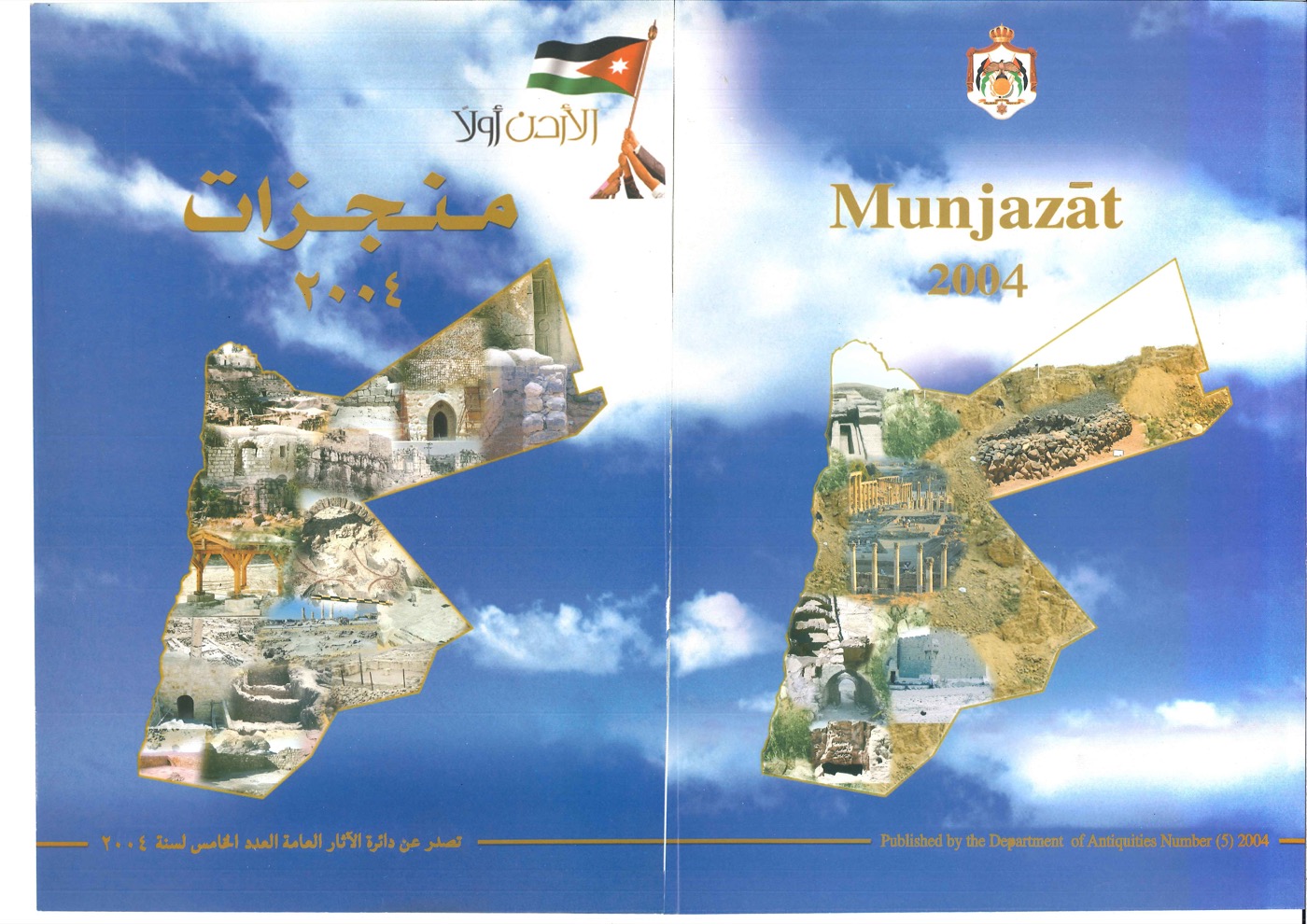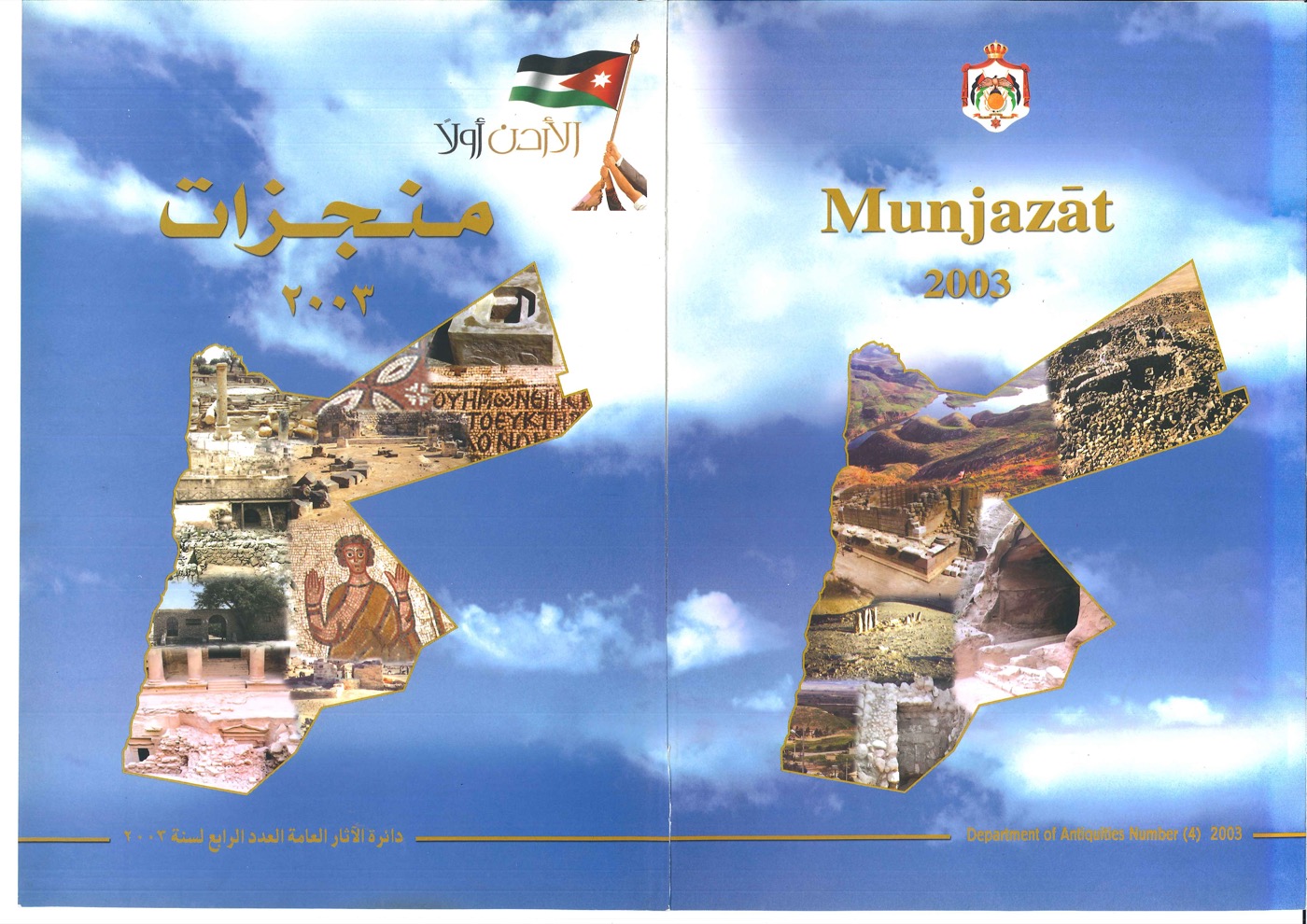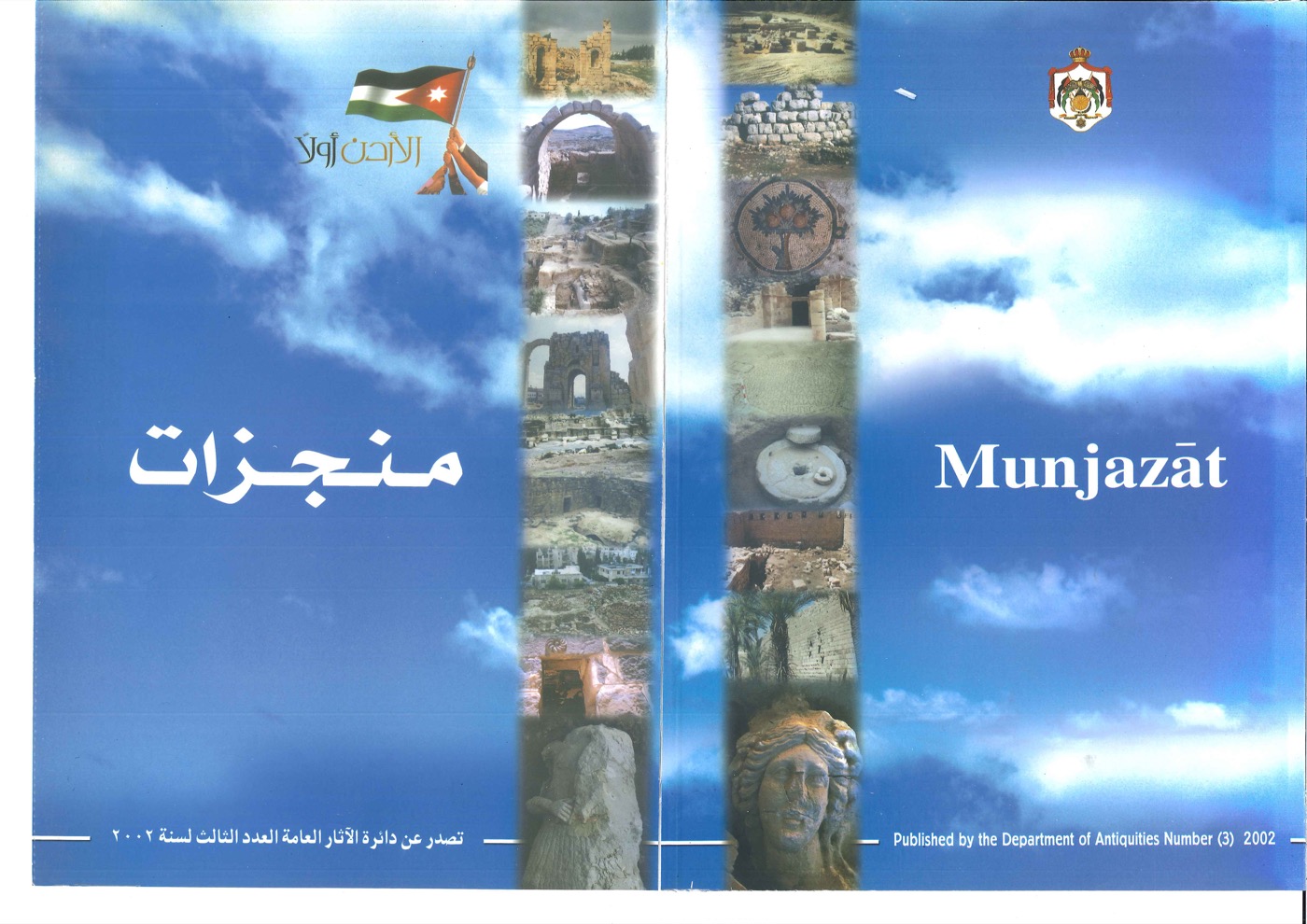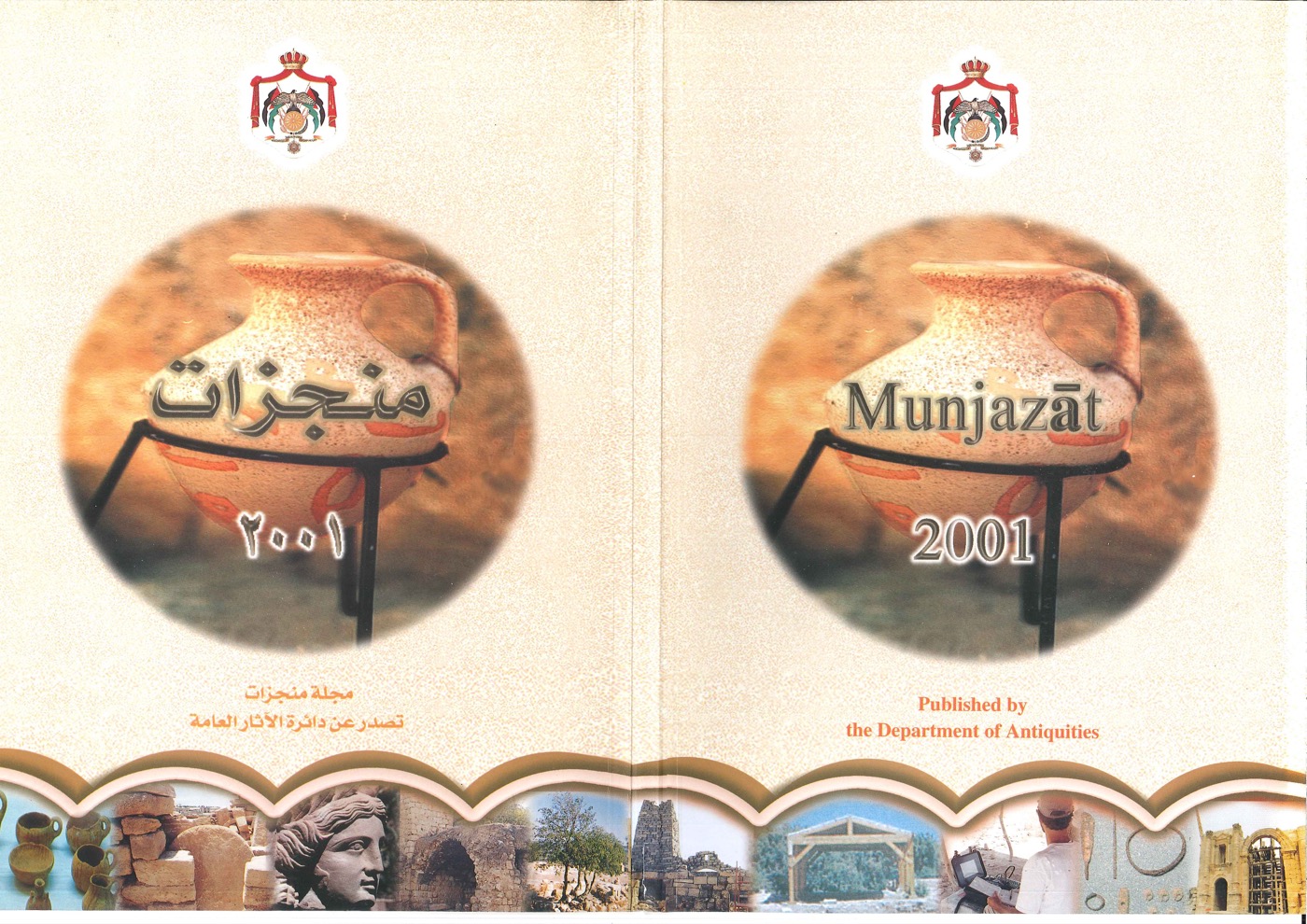LiLa: Linking Latin: Building a Knowledge Base of Linguistic Resources for Latin
Despite the headway made in the last decade in building, sharing and exploiting linguistic resources and tools for the automatic processing of Latin, these remain incompatible.The objective of LiLa (2018-2023) is to connect and ultimately exploit the wealth of linguistic resources and NLP tools for Latin created so far, in order to bridge the gap between raw language data, NLP and knowledge descriptions. To do so, LiLa is building an open-ended Knowledge Base using the Linked Data paradigm, concurrently adding Latin to the multilingual Linguistic Linked Open Data (LLOD) cloud.Read more →
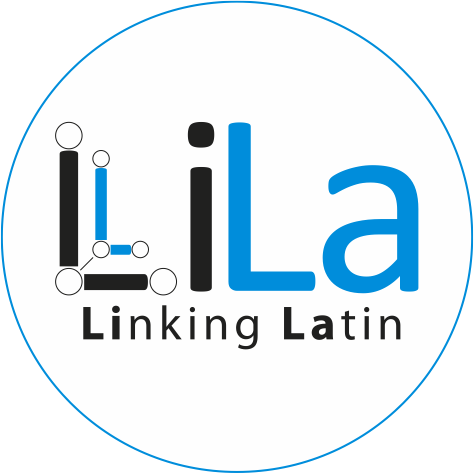






 Volume 12:2018
Volume 12:2018






 Contents / Sommaire
Contents / Sommaire